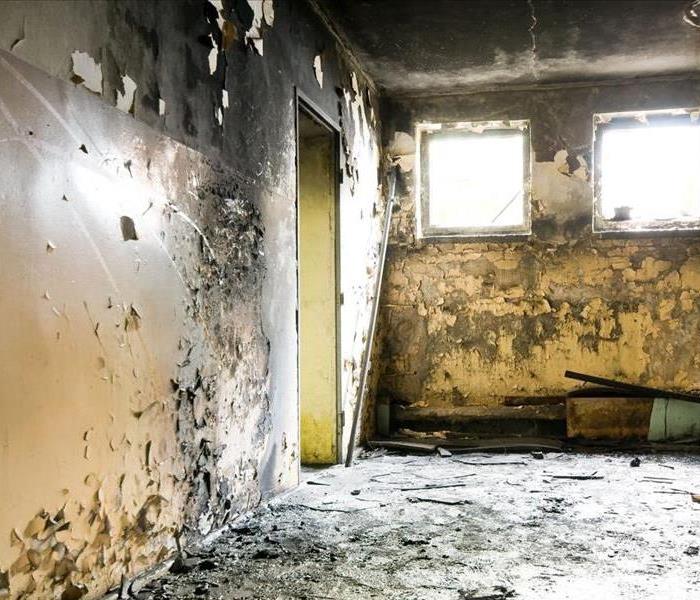After The Storm Is Over-Mold Remediation In Orange County, NY
1/27/2017 (Permalink)
Information on Mold Remediation in Orange County
Mold growth can begin anywhere from 2-3 days after a storm causes water damage. The mold is a harmful issue, and it can negatively affect your health, house, and the contents within your home. As the length of exposure to storm water damage increases, the chance for air spores that spread mold also escalates. Mold remediation becomes more challenging as the signs of mold growth that include musty odors, and discolored surfaces, become more apparent.
Act Fast
Our highly trained mold removal technicians use the latest technology and tools to quickly address your mold problem in a manner that effectively removes mold colonies. Unlike DIY techniques, our SERVPRO professional service does not carry the risk of improperly removing mold, in this way, expediting a more rapid return to a healthy home environment. We are also trained and licensed to handle lead, asbestos and other dangerous materials that may show up during the mold removal process.
We are available 24 per day. Before your appointment, be sure to:
- Inventory damaged and missing goods for your insurance claim.
- Throw away all sealed and unsealed food and beverage contacted by storm flood waters.
- Open windows and doors.
- Refrain from using electrical devices until it is safe.
- Remove standing water when possible.
- Use dehumidifiers and fans to ventilate your home; SERVPRO can perform this task upon arrival.
Our mold remediation technician will also determine if any contents in your home are salvageable. Porous items that are wet for over 48 hours and cannot be completely dried and cleaned must be disposed of.
This list includes carpet, carpet padding, ceiling tiles, clothing, drywall, floor tiles, insulation, leather goods, paper, upholstery, wallpaper and wood items.
When our mold remediation expert arrives, he will:
- Apply biocides.
- Decide whether or not you can stay in your house during the mold remediation process.
- Determine if additional ventilation and containment is needed.
- Look for mold in the HVAC system and biological hazards in the home.
- Test for any additional mold after the mold remediation process.
- Use quick structural drying techniques.
Here are some more helpful links on mold:
IICRC 5 Principles to Mold Remediation






 24/7 Emergency Service
24/7 Emergency Service